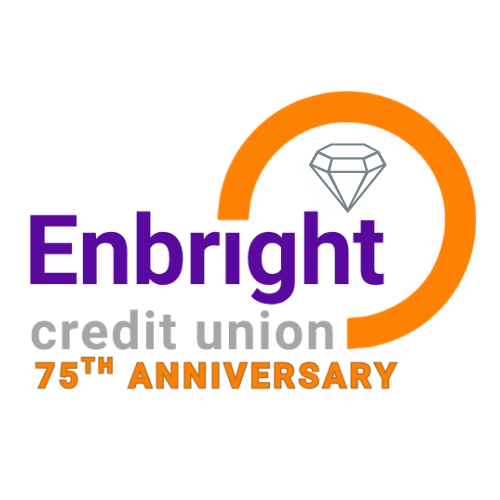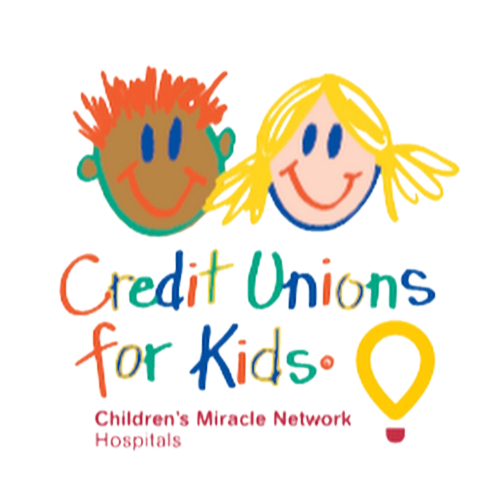Back to School: 3 Ways Credit Unions Step Up
PUBLISHED: 09/3/20 | AUTHOR: MADISON HOMAN
Key Summary: Here are three ways credit unions are stepping up and helping their communities and members head back to school – even amidst a global pandemic. Credit unions offer back-to-school loans, classroom and supply drives and donations, and funding for sports and extra-curricular activities.
As we look ahead to the 2021-2022 school year, the only certainty is uncertainty. Whether you’re preparing for yourself or for your school-aged children to return to school, we are all trying to figure out our new normal. “Back to school” certainly looks different this year, but one thing remains the same – your local credit union is there to ease the burden and take away some of your uncertainty. Here are three ways credit unions are stepping up and helping their communities and members head back to school – even amidst a global pandemic.
#1 Back-to-school loans
Heading back to school is expensive, even in “normal” times. We are asked to purchase a never-ending list of supplies, new clothes for our growing children, tuition and other expenses add to financial strains when livelihoods are at risk. Throw a global pandemic into the mix, and expenses are sure to skyrocket. According to the National Retail Foundation, the coronavirus could push back-to-school spending to record levels. “Spending is expected to total $33.9 billion, up from $26.2 billion last year and breaking the record of $30.3 billion set in 2012.”
Credit unions around the nation are helping to offset these expenses by offering “Back to School” loans. One of these credit unions, Members Choice WV Federal Credit Union in West Virginia, is offering loans tailored specifically to education needs. Gabrielle Wright, Marketing Director, notes “Back-to-school loans are a legacy loan product for us, and this year they were more important than ever. We knew we needed to offer a loan to the community that individuals could use in whatever way they needed; and the flexibility of our personal loan special, Back to School Loans, was it. Whether for students and families trying to prepare for an uncertain, upcoming school year, or just to provide supplemental cash ahead of whatever is coming next, our Back to School Loans are here to help.”
Credit unions have proven time and time again that they are perfect for all your loan needs, as they offer lower rates, and offer loans to individuals that banks turn away. Most families find credit union loans to be better solutions than alternative solutions.
#2 Classroom supply drives & donations
Children of all ages need tools and supplies essential to success in school. Credit unions around the country are working to ensure schools in their communities are equipped to make going back to school less burdensome. Keesler Federal Credit Union in Mississippi is making sure kindergartners have all the tools they need to succeed as school begins. The credit union hosted a “Backpacks for Bright Futures” supply drive benefitting 6,700 kids in 16 school districts. As the President & CEO Andy Swoger puts it, “This is a community giveback to try and lighten the load a little bit on our community.”
#3 Sports & scholastic activity
Every facet of the school year is up in the air, including school sports and extracurricular activities. This can be challenging for children and parents alike. According to ChildFund, “There is significant research available today which points to the important and positive impact that sports and physical activities can have on educational outcomes. This includes encouraging better academic performance, ensuring greater inclusivity and participation in the classroom, as well as improvements to student health and preparedness for the future.” Even scarier is the fact that funding for school sports and activities relies on sales and sponsorships during the season. Without adequate funding, many school sports teams would cease to exist.
Credit unions are stepping up to make sure that school sports remain, even if this season is canceled. Amidst the coronavirus pandemic, Gesa Credit Union in Washington announced the expansion of its official title sponsorship of the Washington Interscholastic Activities Association. Don Miller, Gesa’s President & CEO, said “enhancing this partnership provides Gesa a way to further impact students across Washington.”
Back to school may be uncertain this year, but credit unions are here to help make the transition as easy as possible.
Interested in joining a credit union? Find one near you.
Back to School: 3 Ways Credit Unions Step Up. (n.d.). Default. Retrieved August 9, 2022, from https://www.yourmoneyfurther.com/blog/post/YMF/2020/09/03/back-to-school-3-ways-credit-unions-are-stepping-up-for-students-and-families




